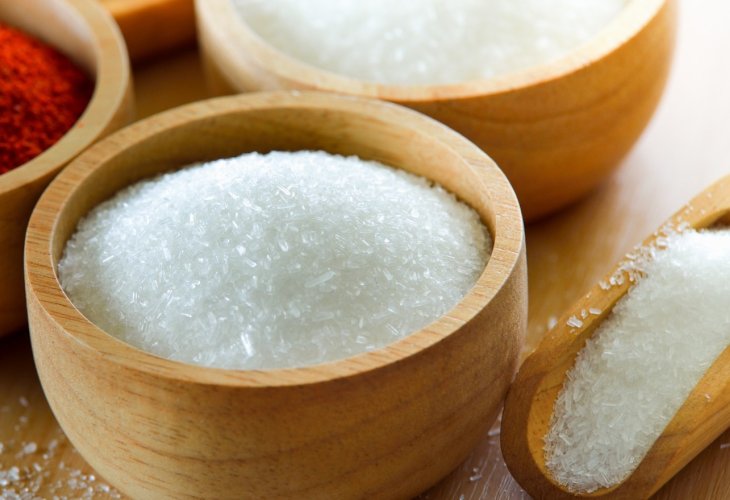The Secrets Behind MSG: What You Need to Know
Discover where MSG hides, what it really is, and why it's best to avoid it in your diet. Everything you need to know about this common additive.
 (Photo: Shutterstock)
(Photo: Shutterstock)What Exactly Is MSG?
Monosodium glutamate (MSG) is a sodium salt derived from glutamic acid. Glutamate acts as a neurotransmitter in our brains, present in small, controlled amounts.
Glutamic acid is a naturally occurring amino acid in many foods. In nature, it's bonded with peptides—slow-digesting fats that prevent the rapid influx seen when consuming the processed, artificial form of MSG.
You can find glutamic acid in meat, chicken, fish, tomatoes, corn, mushrooms, cheese, and more.
MSG's roots trace back to Asian cultures, discovered in Tokyo in 1908. The Japanese began producing it from seaweed immediately, and by the 1940s, American companies started making MSG from corn and wheat gluten.
Processed MSG is a white, crystalline substance resembling salt or sugar. It's cheap to produce and has that savory, umami flavor, making it a popular taste enhancer in many preserved, packaged, and processed foods on store shelves.
As MSG tricks our brain into believing foods are tastier than they truly are, manufacturers use it as a substitute for quality ingredients. MSG can become addictive, making consumers come back for more.
Typically, most people don't feel any immediate effects when consuming MSG. However, those sensitive may experience symptoms like thirst, tingling, chest pain, rapid heartbeat, headaches, sweating, weakness, nausea, or even swelling within an hour of consumption.
While some people might not have immediate reactions, regular MSG consumption is suspected to cause health issues such as neurological problems, impaired digestion, increased blood pressure, and it's even believed to disrupt the brain's electrical system, potentially leading to behavioral issues like hyperactivity or ADHD. MSG is also linked to chronic conditions like high cholesterol, Alzheimer's, Parkinson's, or cancer.
MSG is found in a wide range of foods: soup powders, instant meals like ramen, canned vegetables, various sausages, ready-to-eat foods, pizza seasonings, Chinese cuisine, crackers, snacks, sauces, processed meats, and beyond.
It is recommended to check ingredient lists for the presence of MSG. It often hides under other names, so watch out for terms like MSG, E-621, beef or chicken broth, flavor enhancers, spices, modified starch, glutamic acid, hydrolyzed protein, soy sauce, and more.
The best choices are products labeled "No MSG."
The irony is that MSG functions as a neurotransmitter between brain cells, triggering a wide range of health issues.
The pharmaceutical industry is investing heavily to develop medications that block receptors against MSG to protect the nervous system. Huge profits come from selling drugs for diseases caused by MSG, many of which also cause harm.
As consumers, knowledge is power. It's worth the effort to make the right choices for ourselves and our families.
Zohara Shravit is a naturopath N.D and diagnostic expert using iris analysis. She brings years of experience in treatment, counseling, and workshop facilitation. To book a workshop without charge, call 073-2221290

